802 Fairview Road #4000
Asheville, NC 28803

FAQ
“There is an alchemy in sorrow. It can be transmuted into wisdom, which, if it does not bring joy, can yet bring happiness.”
Pearl S Buck
What is Alchemy?
In the middle ages, alchemy was a precursor of chemistry, a belief that base metals could be turned to gold. Spiritual alchemy is a similar process of transformation of the soul. Struggle and suffering have a way of burning away the excess, stripping us down to what is most essential. Though the process can be painful, what’s often left behind is rich material for self discovery, the wisdom of experience. Sadly, it’s human nature that we often learn more about ourselves from suffering than from joy. So, for many of us, without the struggle and suffering, we could not gain the hard-won wisdom needed to grow ourselves. It is our choice whether we harvest the gold that comes from this transformational time, or simply give up and become hardened by it, focusing more on our wounds than the gifts that may have come with them.
Why Alchemy?
The alchemy of transformation often begins with an existential crisis or spiritual awakening. Sometimes we begin to feel the call towards changing our lives when we find ourselves in places where our inner worlds no longer align with our outer ones, and we may suddenly feel out of place or disoriented. We might spend periods of time living in discomfort and uncertainty, trying to find our balance again between these two worlds. These liminal spaces in life mimic the process of individuation, a psychological term where your unique identity and discovery of your life’s purpose comes into focus and movement to fully embody your authenticity becomes essential. During the process of individuation, we may find ourselves on a journey that involves a disintegration of outgrown identities in order to ultimately reintegrate a more authentic, whole person. This vulnerable space is an ideal time to seek counseling since the process of therapy seeks to make conscious, or bring to the level of your awareness, things that may have been unconscious or automatic. If we have no awareness of our barriers or limiting beliefs and behaviors, we have no hope of the possibility to change them. As we move through the journeys of individuation and counseling, we move from darkness to light, uncovering what was once hidden from our view. Beginning to purposefully harvest wisdom and knowledge from the struggles of previous stages allows our awareness to transform what had felt like meaningless suffering into meaning, purpose and deep understanding. Having a guide during this process through counseling is ideal. You don’t need permission to begin to seek support to make sense of a life that has stopped making sense for you. When utilizing counseling you can begin to practice a new way of being in an environment where it’s safe to begin to fully embody your most authentic self.
What's an existential crisis?!
At some point in almost all of our lives, we may begin to question our purpose, perhaps even questioning the very meaning of our lives. Life may hand us situations like a death or a loss of our identity through the end of a beloved occupation, role in life, or relationship that makes us wonder if we have the resources to cope, simultaneously feeling bewildered about the direction our lives are leading us. Individual circumstances that had been the source of contentment one moment may become unsustainable the next, like a marriage, a job, or a person's public expression of their sexual identity. We may question or lose our faith. Existential crisis can lead to deep sadness, loneliness, confusion and anxiety, but it doesn't have to be this way. These experiences are all very normal, but can be quite unsettling nevertheless.
So what's the antidote? For starters, finding support you can rely on, someone or something that feels steadying when the rest of life feels it's falling out from under you, is essential. With support you can begin to remember your internal resources and cultivate new ones, redefine external supports, and find practices that can nurture you through the new paths you may be beginning to forge. Most importantly, know that you don't have to struggle alone.
What are your rates? Do you take my insurance?
Sessions are $150 for 60 minutes in person or via telehealth for individual therapy across the state of North Carolina. Currently, I am in network for Medcost, Blue Cross/Blue Shield of North Carolina, Cigna and Aetna. Additionally, I accept private pay at the time services are rendered via ACH bank transfer, Visa, Mastercard, Discover, American Express, and Health Savings Accounts. If you have other insurance I am happy to give you a statement to present to your insurance for reimbursement. I also offer a sliding fee for a limited number of slots for those who may not otherwise be able to afford therapy. Please see details below.
As of January 1, 2022, under Section 2799B-6 of the Public Health Service Act, health care providers and health care facilities are required to inform individuals who are not enrolled in an insurance plan, or who are not seeking to file a claim with their plan, of a Good Faith Estimate of anticipated charges. Your Good Faith Estimate and waiver will be provided when your intake paperwork is sent to you to complete before sessions begin.
Do you offer a sliding fee scale?
Yes. I have limited slots available for people who may not otherwise be able to afford therapy. I am a member of Open Path Collective, a non-profit dedicated to link clients in need with therapists offering a reduced fee. Please feel free to contact me or see my page on Open Path Collective for more information.

Chuang Tzu
"Just when the caterpillar thought the world was over, it became a butterfly.”

